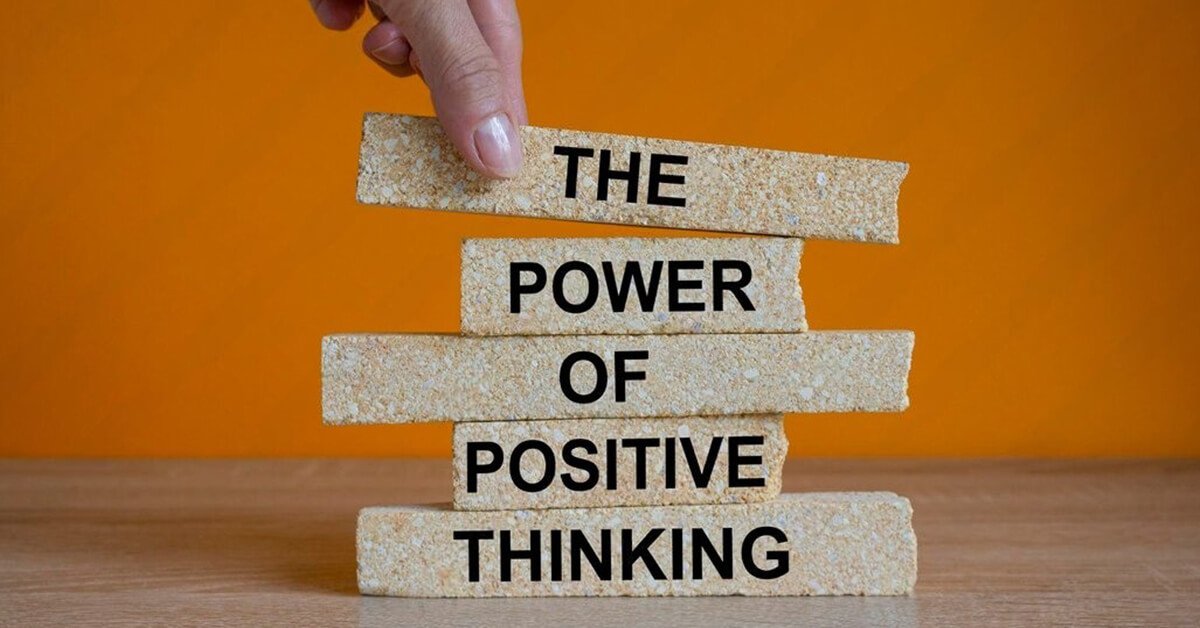It was an ordinary Tuesday, at least, that is what I told myself as the alarm buzzed at 6:45 am. Before I even sat up, my hand instinctively reached for my phone. Notification. Emails marked urgent. I received messages from colleagues and reminders from my supervisor, and because of all this, I skipped breakfast; I did not have the time. I rushed out quickly. By 10:00 am, overwhelmed by stress, I found myself staring blankly at my laptop, not working, not resting, just completely frozen, wishing I had practiced better Stress Management from the start of my day.
That moment became a turning point for me. I began to truly understand that chronic stress has measurable effects on both the mind and body. But at the time, it was hard to grasp because the weight of unmanaged tension felt unbearable. What followed was a month-long journey of applying, in my own life, the very strategies I now share in this blog. Stress management is not just about eliminating pressure; it is about building resilience so that life challenges no longer have the power to break you.
What is Stress?
Stress is not inherently harmful. It is a natural response when our brain perceives a threat, any challenge or demand. Our mind and body respond when we face something that requires attention, action, or adaptation. Some stress is healthy; it gives us energy to perform better and achieve our goals. For example, before exams, we feel stress, and due to this stress, we work hard to perform well in exams.
When our brain perceives a threat, our body activates the fight or flight response, which sharpens our focus and fuels quick reaction. Threats in our lives are rarely physical danger. They are more often things like looming deadlines, financial worries, or relationship conflicts. But when chronic stress takes hold, it can lead to psychological, emotional, and even cognitive symptoms over time.
Signs and Symptoms of Stress
The following are the signs and symptoms of stress:
Physical Symptoms
Due to stress, a person can experience the following physical symptoms:
1. Headaches.
2. Muscle tension.
3. Digestive problems.
Emotional Symptoms
On an emotional level, stress may trigger the following symptoms:
1. Irritability.
2. Heightened anxiety.
3. Feelings of hopelessness.
Cognitive Symptoms
Below are the cognitive symptoms:
1. Brain fog.
2. Difficulty in making decisions.
3. Repetitive and intrusive thoughts.
Stress Management Techniques
Here are some practical stress management techniques:
1. Deep Breathing
One afternoon, when I was in my particularly tense meeting, I realized my breathing had become shallow and irregular, a stress reaction. I stepped out and started deep breathing at a quiet place. Deep breathing is a technique used in clinical anxiety interventions. You can practice this technique in the following way:
1. Inhale through the nose for a few seconds.
2. Hold for 4 seconds.
3. Exhale through the mouth.
4. Hold again for 4 seconds.
When you practice this for two minutes, you will notice your heart rate slows, your mind clears, and you feel better than before.
Practical Tip:
You can practice this anytime, anywhere, so that it becomes second nature when you need it the most.
2. Journaling
When I first suggested journaling to one of my patients, their reaction was very different, saying, “But I am not a writer”. But the truth is, journaling has nothing to do with literary skill. Instead, it is a tool for externalizing the thoughts and feelings we can not always share with others, the ones that quietly weigh on us. By putting them on paper, we lighten that mental load and reduce stress. I often recommend making journaling part of a nighttime routine by simply answering three prompts:
1. What happened today?
2. How did I feel?
3. One good thing I am grateful for?
When you start journaling, over time, you will notice positive changes in your life, and you will feel relaxed mentally and physically.
Practical Tip
Write your thoughts without editing. Let your thoughts flow exactly as they are. Your journal should be judgment-free.
3. Exercise
Exercise is one of the behavioural activation strategies in clinical psychology. When we do exercise regularly, it will help us to manage stress, anxiety, and depression through our actions. Over time, you will notice your mood lift and your irritability gone. Even if you do 15-minute brisk walks after lunch, it will sharpen your mental clarity and improve your patience.
Practical Tip
You can choose activities which you like and enjoy. But always remember, the key is consistency, because the benefits build over time.
4. Mindfulness
Many people think that mindfulness is a silent meditation for hours. But in therapy, I teach it as the practice of moment-to-moment awareness. On especially hectic days, you can insert small “micro mindfulness” moments into your routine, such as:
1. Drinking tea without scrolling on your phone.
2. Watching the rain fall without interruptions.
It works because mindfulness is a technique which disrupts the automatic stress cycle and reduces overactivation of the amygdala, the brain stress alarm system.
Practical Tip
Choose one simple activity daily and do it with your full awareness, no multitasking, no distractions.
5. Set Boundaries for Saying No
If you always said yes to everything, whether it was more work, extra favours, or last-minute commitments, it was not kindness; it was a fear of disappointing others. This is like your yes to someone else is not yourself. Clinically, this ties to assertiveness training, a skill that protects against burnout. If you make boundaries in your life and learn how to say no to others, you will preserve your energy for what truly matters, allowing you to be present rather than resentful.
Why it works
When you set healthy boundaries in your life, you will strengthen your sense of self-efficacy and reduce stress. Moreover, when you learn how to say no to the things which can cause anxiety, you will reduce it.
Practical Tip
When you incorporate compassionate phrasing into your daily conversations and routine, it allows you to assert your needs while maintaining kindness toward yourself and others.
Conclusion
Stress will always be a part of life, but it does not have to control us or leave us feeling drained. When we learn the early signs and understand the different kinds of stress that drive us forward and those which drain us, then we will be better able to manage stress. When we build small, healthy habits like deep breathing, journaling, regular exercise, practising mindfulness, and setting clear boundaries, we equip ourselves to face challenges with resilience rather than overwhelm. Over time, these activities reshape the way we can respond to pressure and help us maintain balance in our lives.
FAQs
1. How quickly do stress management techniques work?
Some techniques, like deep breathing or mindfulness, can create a noticeable sense of calm in just a few minutes, and the best part is that you can do these techniques at any time, anywhere.
2. Can I get personalized coaching for stress management?
Yes. At Psychoaura, we offer online sessions for stress management, which are tailored to your lifestyle and challenges, helping you create a sustainable stress management plan that works for you.




